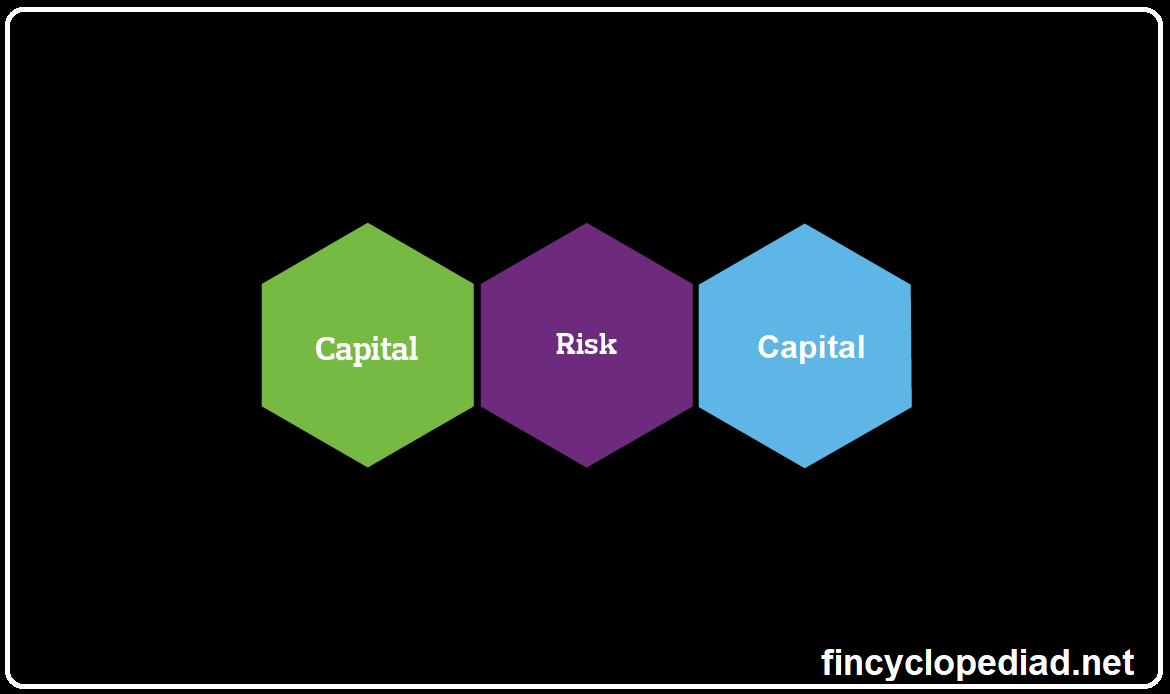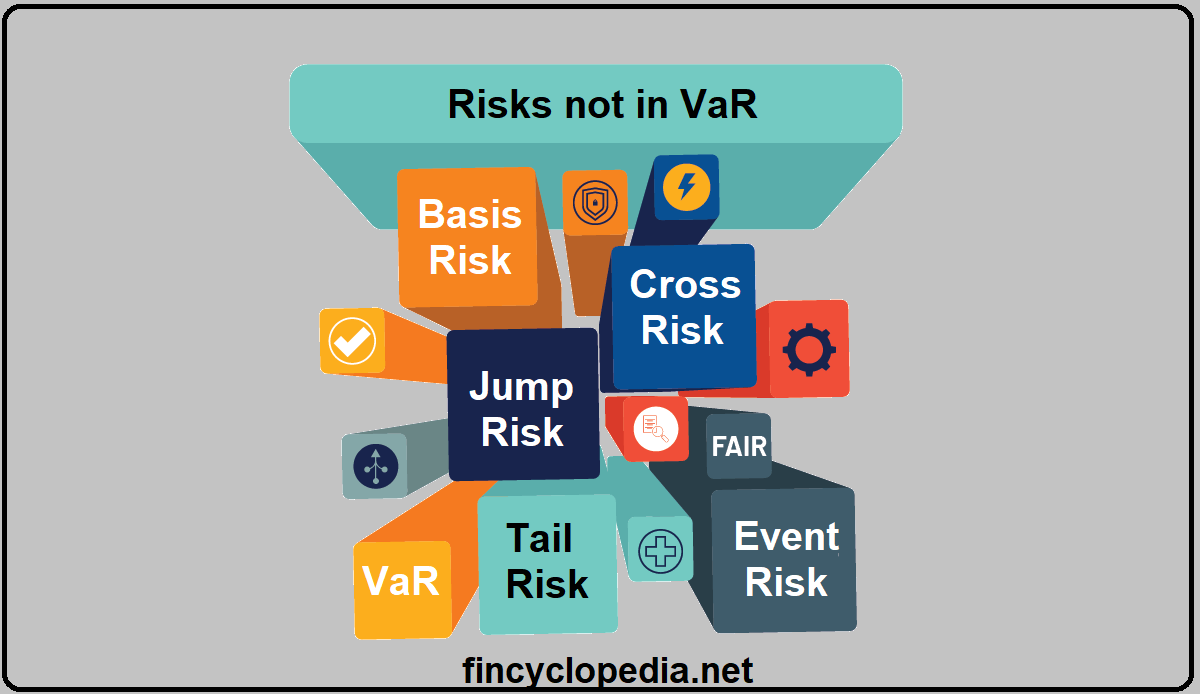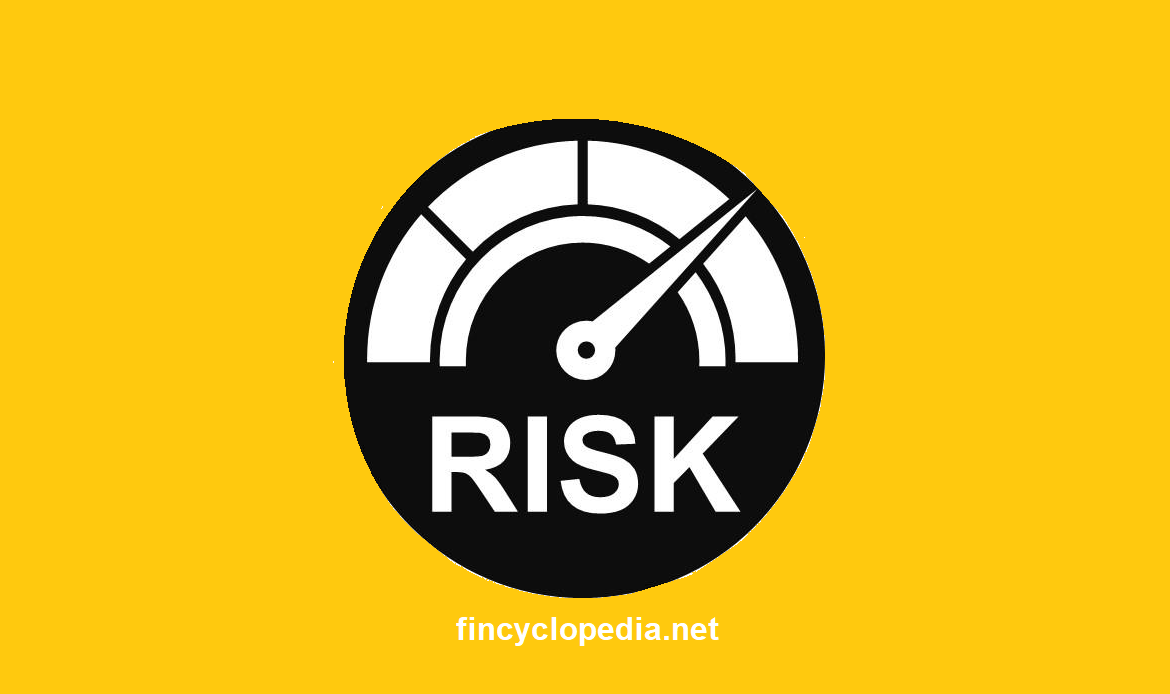A stress testing that is conducted “reversely”. While stress testing is a forward-looking technique and approach (and scenario analysis tool) for risk assessment, a reverse stress test takes an opposite direction – it starts with the identification of a pre-defined outcome (such as discontinuation of an entity as a going concern, lack of business model‘s viability, etc.)
The aim of reverse stress testing is tackle going concern and risk assessment from a different angle, which may allow entities to improve their reaction to the environment in which they operate, better understand their business, and enhance their robustness. For auditors, this technique provides a persuasive evidence to validate their conclusions on going concern. In addition to auditors, reverse stress testing, as a powerful scenario analysis tool, can be used by risk managers and regulators for various ends. Reverse stress tests can be instrumental for banks and financial institutions to evaluate their resilience to credit shocks (underperforming and non-performing loans, etc.), particularly in environments where financial data are meagerly available (preventing the use and application of more sophisticated analysis) or opaque (data reliability is obscured by the effects of an all-out crisis).






